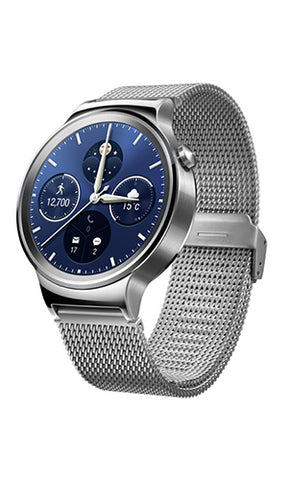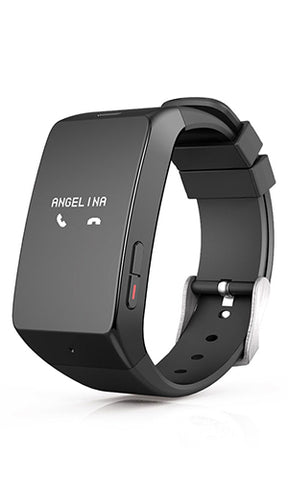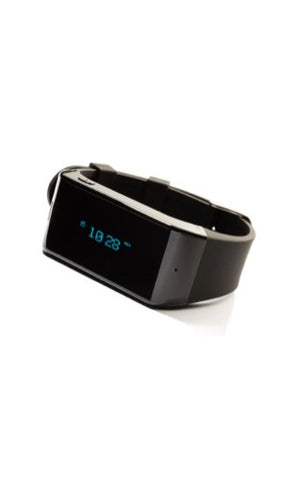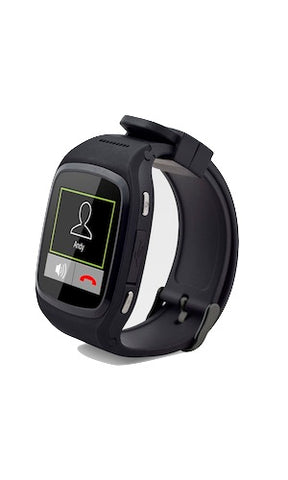New research on Microsoft’s WearDrive could save your battery’s life
Written By
Tom Hushen
Ritualizing the charging habits for your wearables may be a thing of the past, thanks to new research at Microsoft. The battery life on many wearables could be getting a major facelift in the near-future due to WearDrive.
Microsoft researchers have developed WearDrive a new way to extend the battery life of wearable technology. WearDrive works by moving the most energy performing operations off the actual device. It would use bluetooth to move those operations to your smart phone and save battery life in the process.
The wearable itself would only be responsible for performing smaller tasks that would use minimal battery consumption.
According to an interview on TechNet, a tech blog owned by Microsoft, Ranveer Chandra, a principal researcher at Microsoft Research, said many of the current wearable battery designs are based on the battery-saving tricks that were developed for smart phones.
“Everyone has been thinking of reusing what exists for mobile devices,” Chandra said. “What we’re saying is, ‘It’s a different paradigm. It’s a different usage scenario.'”
Wearables pose a unique problem in their design. Since they are rather small to being with, the size of the battery is going to have to be equally as small. Anirudh Badam, another Microsoft researcher who worked on the project, said that creates more serious battery challenges.
“The size of the battery is even more problematic,” Badam said. “You can’t have heavy batteries because they add weight. And you can’t have a large battery because of real estate concerns: You don’t have much room on people’s wrists.”
Read more: Apple Watch 2 rumors point to a bigger battery and more independence
Some wearables, like the Vector Luna smartwatch, boast a 30 day battery life, but that isn’t the norm. In fact, there’s plenty of room for improvement. Smart watches like the Moto 360 and Apple Watch have been known to only last 12-15 hours, depending on use.
We are excited to see how the implementation of WearDrive and the consumer demand for longer battery will mix with new wearable tech in 2016. Hopefully we can stop writing negative reviews for poor battery life.
Tags: Activity Trackers, Bands, battery life, Calorie Tracker, Featured Items, Fitness Band, Fitness Wearables, Health+Fitness, microsoft, Running Wearables, Sleep Tracker, Step Tracker, wearable




